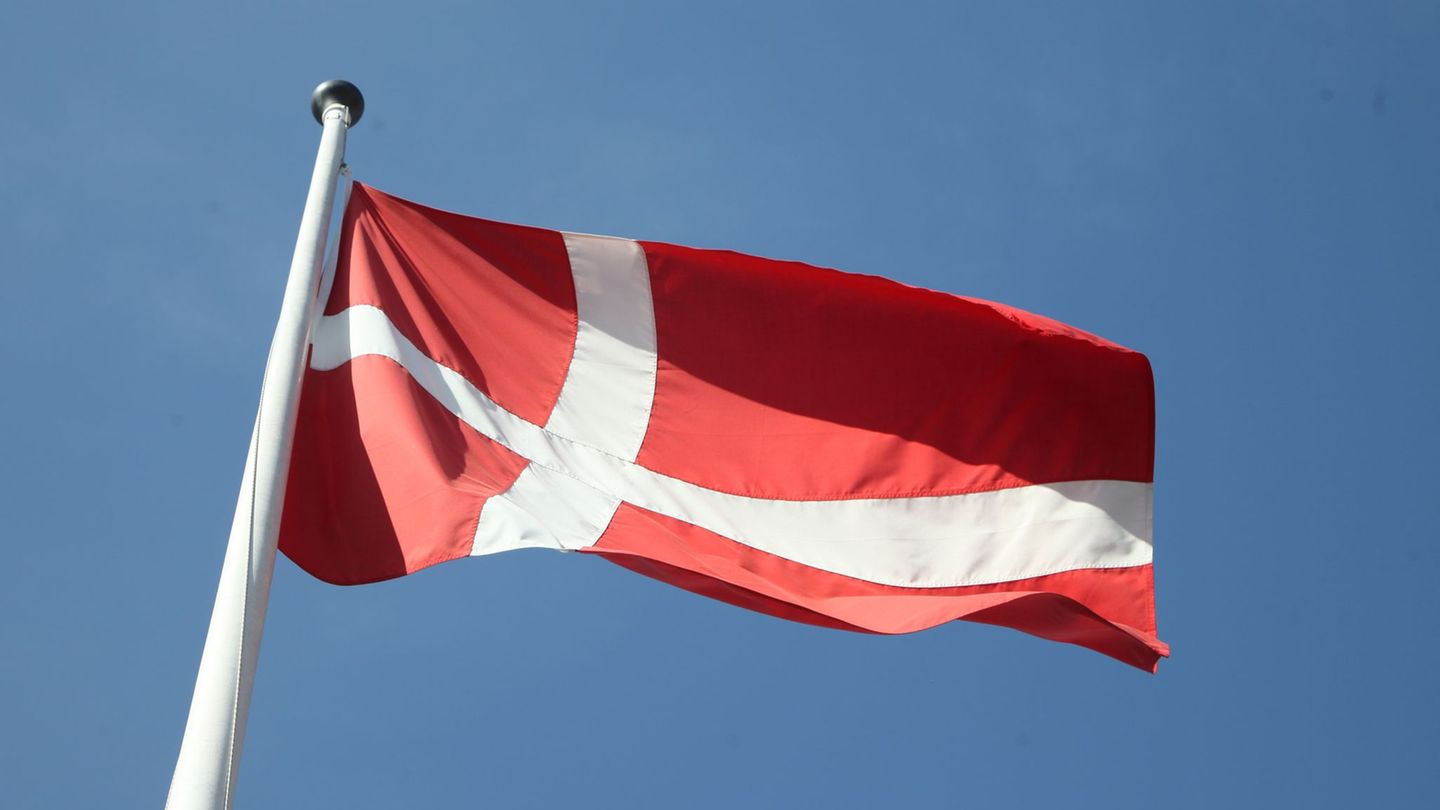Even after hours of collective bargaining for the public sector, the outcome initially remains open. New strikes could still be averted without a breakthrough.
Employers and trade unions are still struggling to find a solution to the collective bargaining dispute over the public sector. The top representatives of the federal and local governments as well as the Verdi trade union and the civil servants’ association dbb continued their negotiations in Potsdam.
The bargaining parties were initially far apart in their positions, according to negotiating circles. The day before they had interrupted their conversations behind closed doors.
It was completely open whether a compromise could be reached in the third round of negotiations scheduled for Wednesday. After the massive warning strikes of the past few weeks, further strikes could be prevented. At the start on Monday, Federal Interior Minister Nancy Faeser (SPD) was “very confident” that “we will come to a good solution this week”.
On the other hand, if there is no breakthrough in Potsdam, the trade unions could hold a ballot vote on forced strikes. Public transport and numerous other areas such as daycare centers, clinics or garbage disposal could be affected again. But it does not have to lead to new strikes if both sides part ways without compromise. The day before, dbb boss Ulrich Silberbach had speculated about a possible arbitration.
Arbitration scenario
In arbitration, an attempt is made to break through deadlocked negotiations with the help of independent arbitrators. In order to set this procedure in motion, it is sufficient if one side declares the negotiations to have failed for the time being and calls for arbitration.
In an arbitration procedure initiated in this way, an independent commission convened specifically for this purpose submits a solution proposal within a set period of time, which is then negotiated again. If an arbitration procedure starts in the current week, further warning strikes would be off the table until after Easter – because there is a peace obligation during that time. Independent of the public service, the railway union EVG had already announced for its collective bargaining dispute with the railway companies that no more warning strikes would be called for the days up to and during Easter.
As a further scenario, there is the possibility that the negotiations for public employees will be adjourned again and a fourth round of talks will be convened. But that was classified as unlikely in negotiation circles.
Demand, among other things, for 10.5 percent more income
High inflation and the tight budgetary situation of many municipalities have contributed to the escalation of the negotiations. The Verdi union and the civil servants’ association dbb are demanding 10.5 percent more income, but at least 500 euros more per month. The term should be twelve months. Outraged, Verdi and dbb rejected an offer from employers in February.
The offer included 5 percent more wages in two steps over a period of 27 months. In addition, the municipalities offer one-off payments of initially 1,500 and later another 1,000 euros. The trade unions do not want to accept any agreement without inflation compensation, especially for the lower wage groups.
As a success and a demonstration of their own strength, the unions chalk up their warning strikes, some of which are massive, up to and including the all-encompassing public transport strike on Monday. Verdi boss Frank Werneke spoke of the “largest warning strike participation for many years and decades”. On the other hand, Werneke had been skeptical about a possible arbitration.
Source: Stern
I have been working in the news industry for over 6 years, first as a reporter and now as an editor. I have covered politics extensively, and my work has appeared in major newspapers and online news outlets around the world. In addition to my writing, I also contribute regularly to 24 Hours World.




